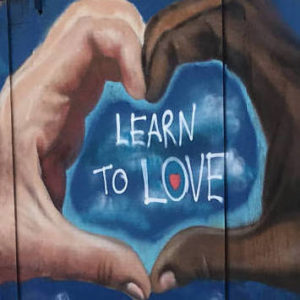 On May 25, an unarmed George Floyd was killed by a Minneapolis police officer. The murder set off protests across the United States and the world. This renewed activism for racial equality and social justice is ongoing and the sheer volume of material and information related to the movement poses several questions for educators, researchers, and archivists: Who is documenting this activism? How are we preserving the voices of Black activists? How will this story be told in the future?
On May 25, an unarmed George Floyd was killed by a Minneapolis police officer. The murder set off protests across the United States and the world. This renewed activism for racial equality and social justice is ongoing and the sheer volume of material and information related to the movement poses several questions for educators, researchers, and archivists: Who is documenting this activism? How are we preserving the voices of Black activists? How will this story be told in the future?
Researchers at the University of North Carolina at Greensboro have established the Triad Black Lives Matter Protest Collection. Collecting for the project is ongoing, and the archive is particularly interested in photographs, video, protest signs, clothing, flyers, posters, and creative works. The material can be historic, originating with the founding of the Black Lives Matter movement in 2013, as well as current. Additionally, the project team is interested in connecting with local organizations and activist groups to help them tell their stories.
“Most historically White institutions and archives have traditionally focused on documenting White history, and that includes UNC Greensboro,” said Erin Lawrimore, associate professor and University Archivist. “We as archivists have a moral, ethical, and professional obligation to ensure that the materials that we have truly reflect both our community on campus and our larger Greensboro community.”

Tara Green, a professor of African American and Africa diaspora studies added that “there is a long history of protest and resistance by Black people. As a Black woman who grew up in the South, and as someone whose parents grew up in the Jim Crow era, I know that change has been made because of the work of people who risked their lives to protest and form coalitions. This collection of voices, and preserving this moment, isn’t just for me as a researcher – I see this work as necessary and important.”

